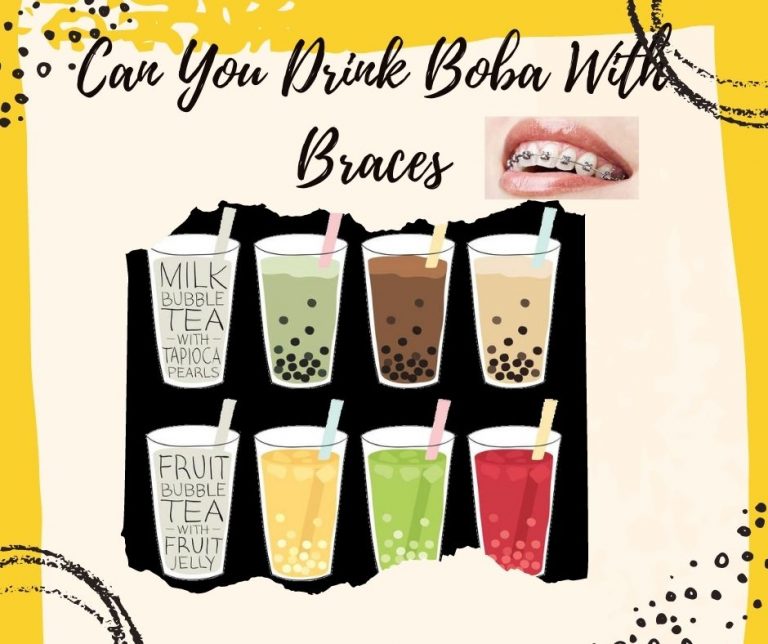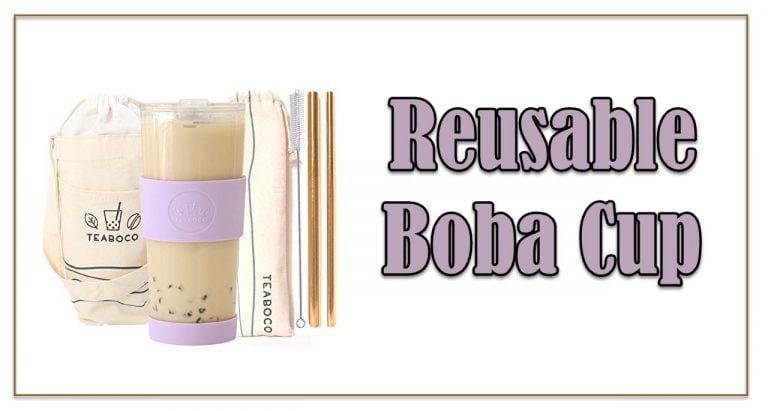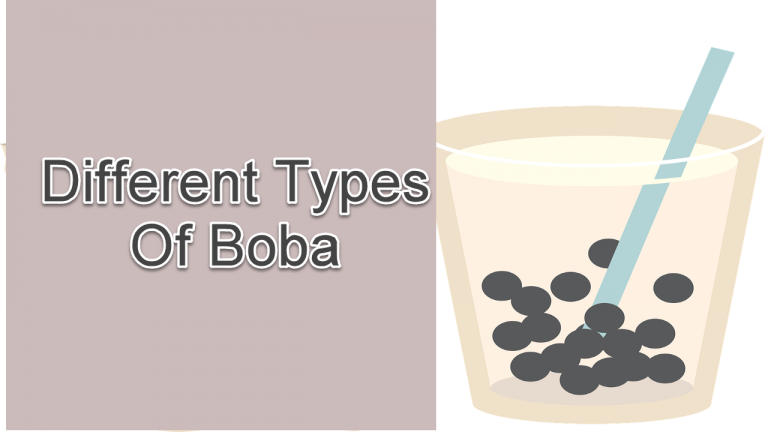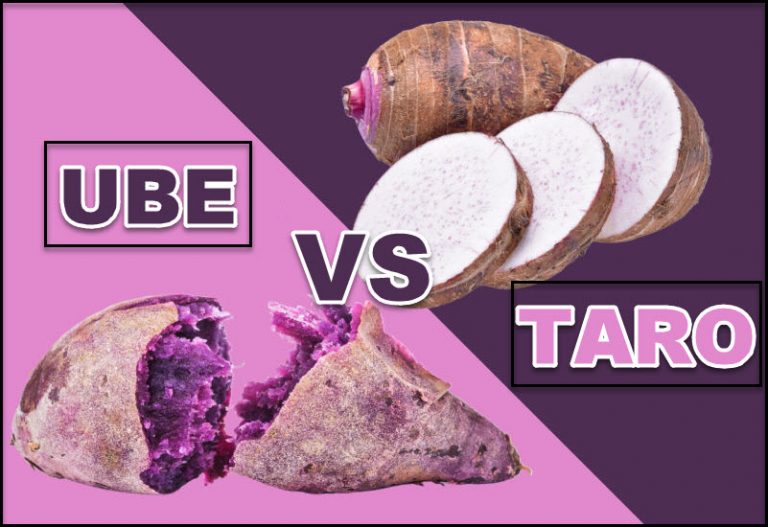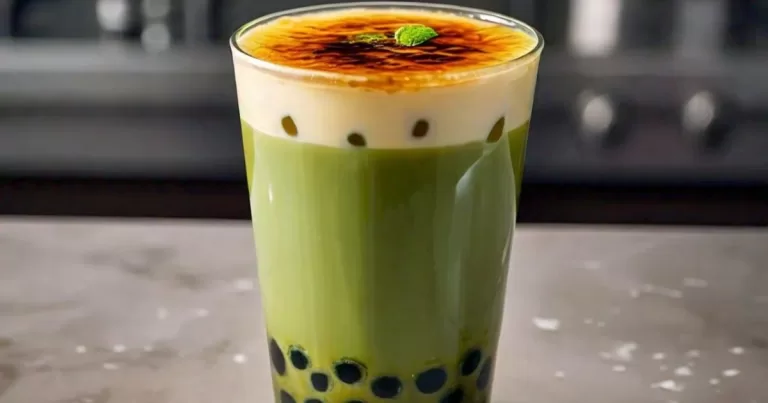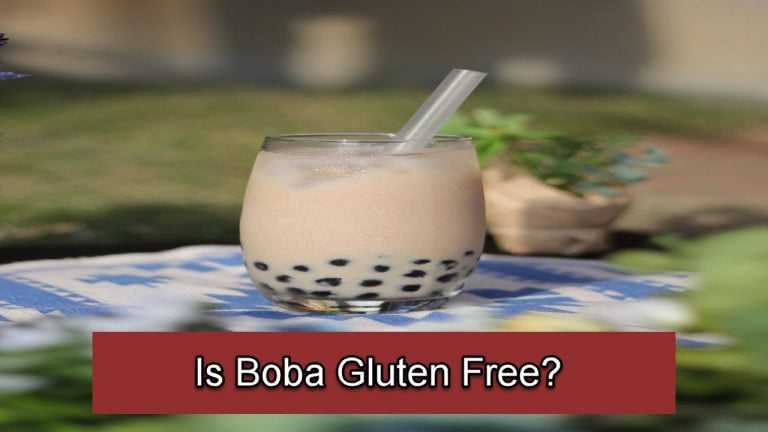Can Boba Cause Cancer?
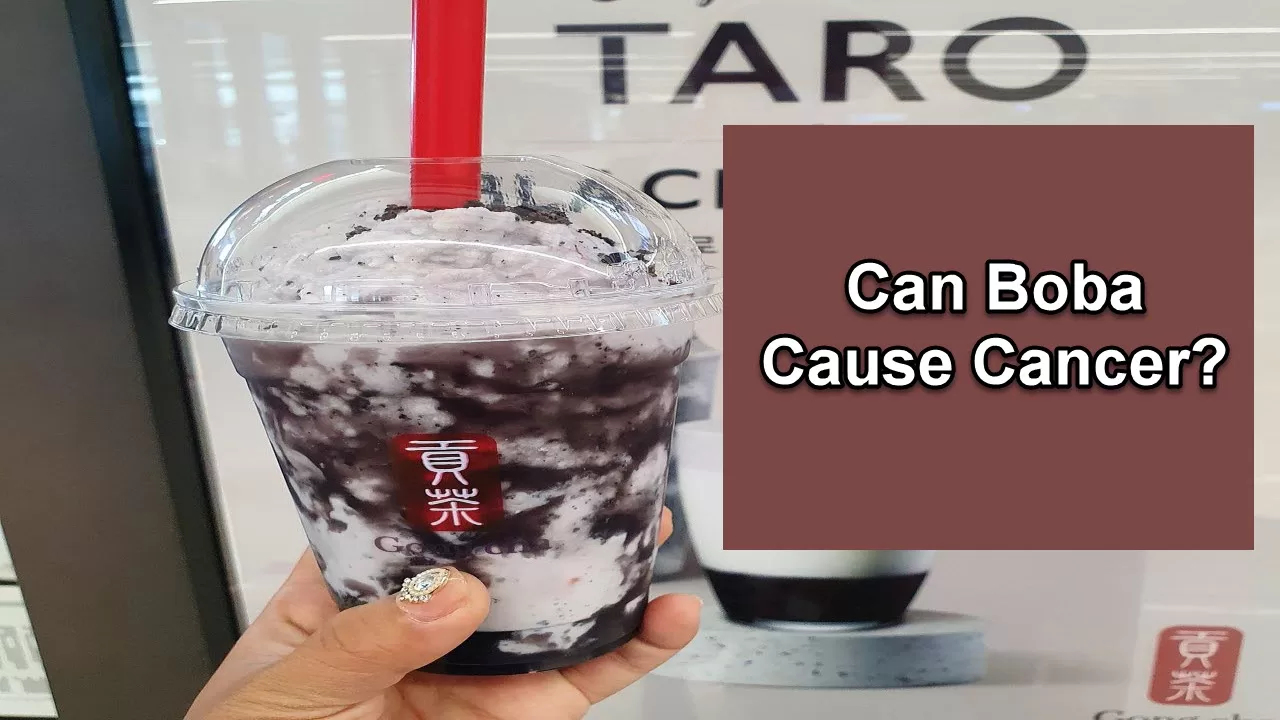
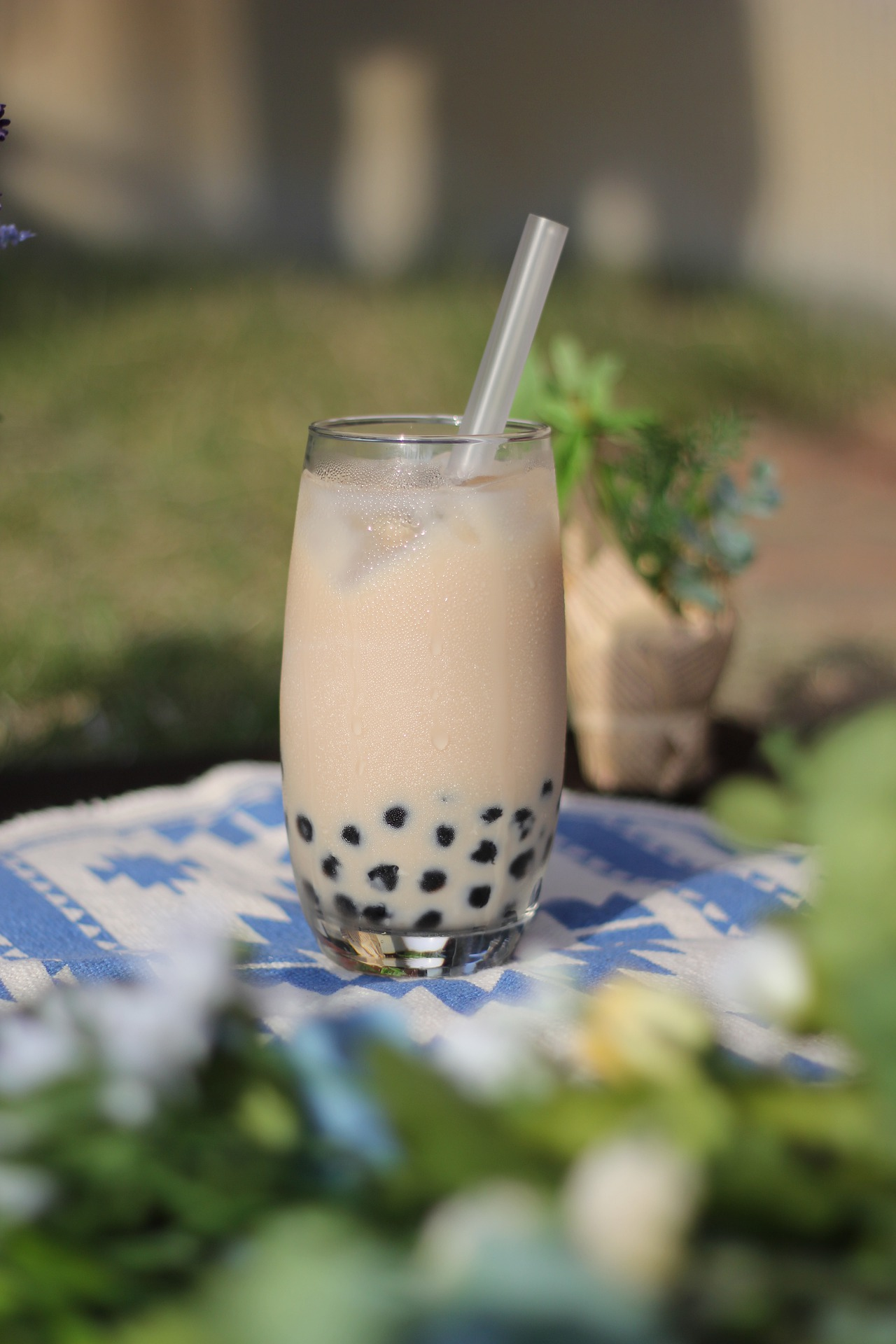
Boba or bubble tea is a famous drink that originated from Taiwan. It is typically made by adding tapioca pearls to black tea with milk and flavored syrup. Tapioca pearls are usually produced from tapioca starch. This starch is extracted from cassava root that gives bubble tea balls a unique and chewy texture.
A lot of shops have opened and offered different varieties of bubble tea. Before you dive in and get a sip of its refreshing taste, let us find out if bubble tea has some adverse health effects, specifically if it has cancer causing chemicals.
Can Boba Cause Cancer
Does Boba Tea Contain Carcinogens?
Carcinogens can be any substance, radionuclide, and radiation which promotes carcinogenesis or the formation of cancer. Foreign objects accidentally entering the human body can affect functions of the nervous system, immune system or reproductive system.
When boba tea spread out to different parts of the world, including Europe, German researchers found that the chewy balls found on this drink from Taiwan contain carcinogenic chemicals.
The researchers claimed that Taiwan did not test their product, however, Taiwan and Singapore’s AVA tested the drink on their own and found out that the pearls were safe for consumption.
The German study shows they have found out styrene, acetophenone, and brominated substances present in the bubble tea. These chemicals are called polychlorinated biphenyls or PCBs, which should not be in food at all.
Styrene is a synthetic chemical often used in manufacturing. It is a derivative of benzene, a colorless oily liquid that evaporates easily and has a sweet smell. This chemical is also found naturally in small amounts in many foods.
On the other hand, synthetic food flavoring like acetophenone is approved by the Food and Drug Administration (FDA). Acetophenone and Styrene aren’t found to be harmful if ingested by humans, however, a review of animal studies that was conducted by the U.S. National Toxicology Program indicates that styrene may be carcinogenic to animals.
Though the German newspaper spread the words about the health hazards that could be caused by drinking a milk tea from Taiwan, it is unclear if this is an isolated case as German researchers tested a bubble tea from an unnamed chain in Germany.
Also, the original study isn’t specified how it was sourced, how much of these compounds were present, and whether these compounds are found in all types of bubble tea or just from that specific chain in Germany.
Does Boba Tea Really Cause Cancer?
Though there’s some research made about the tapioca balls found in bubble tea, there is no solid scientific evidence to justify if boba can cause cancer. The chemicals found at the samples of tapioca pearls could also be misidentified by the researchers.
Also, as per reports, a certain Taiwanese “bubble” manufacturer issued public information that the ingredients used in the manufacturing process meet Germany’s health regulations and standards. The tapioca pearls should be safe for consumption and this debunks the claim of cancer-causing chemicals.
What Other Health Risks Does Bubble Tea Impose?
Just like any other that is consumed without moderation, drinking too much bubble tea can also cause several health issues including obesity, weight gain and diabetes.
You might not worry about its risk assessment for cancer, but you should consume bubble tea in moderation as it is high in sugar content. Depending on the flavor and type of bubble tea, the amount of sugar varies.
A 16-ounce (475-mL) serving usually contains 38 grams of sugar. Recommended sugar intake should be under 10% of your total daily calorie intake.
Consuming sugar-sweetened beverages like bubble tea above the recommended daily value may impose certain cancers including breast, liver, prostate, colorectal, ovarian, and endometrial cancers as some studies show.
Also, bubble tea is high in calories that could cause weight gain or fats. Empty calories and starch in pearls are linked to gaining weight if you do not burn off the calories. It is reported that an ounce of tapioca balls has 100 calories.
Summary
When consumed moderately, bubble tea should not cause cancer and can still be enjoyed. We also have this in moderate consumption as it is high in sugar that could lead to heart disease, obesity, liver problems, and type 2 diabetes.
It is important to supervise children aged 3-5 years old when taking the drink as the tapioca balls can be a choking hazard to them.
